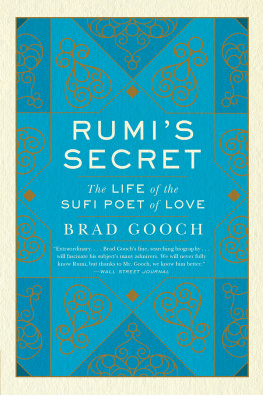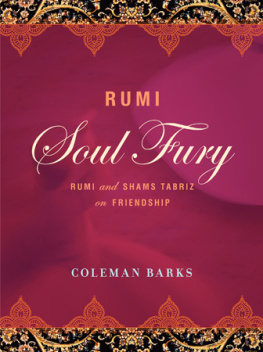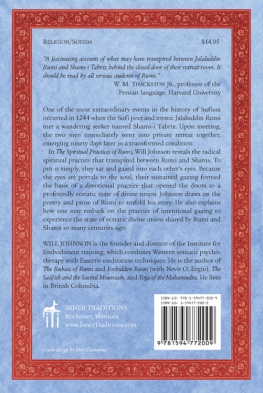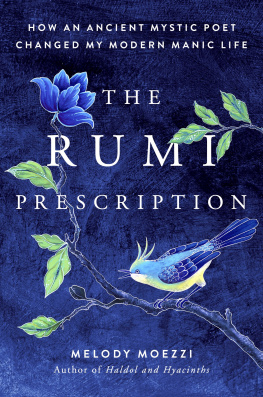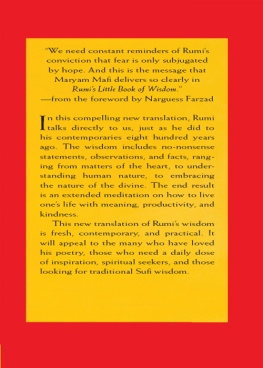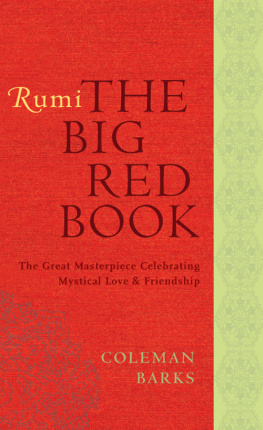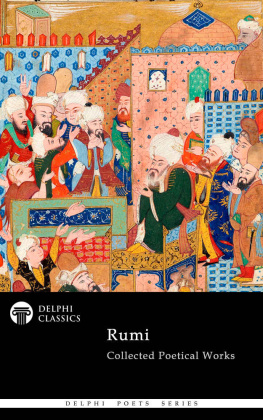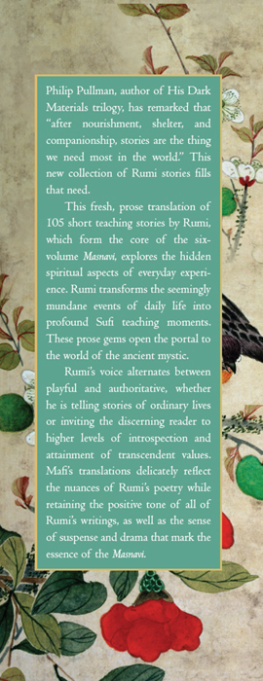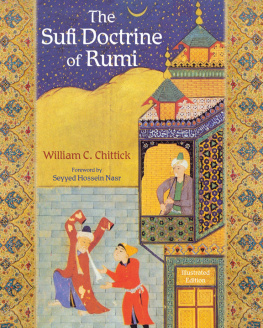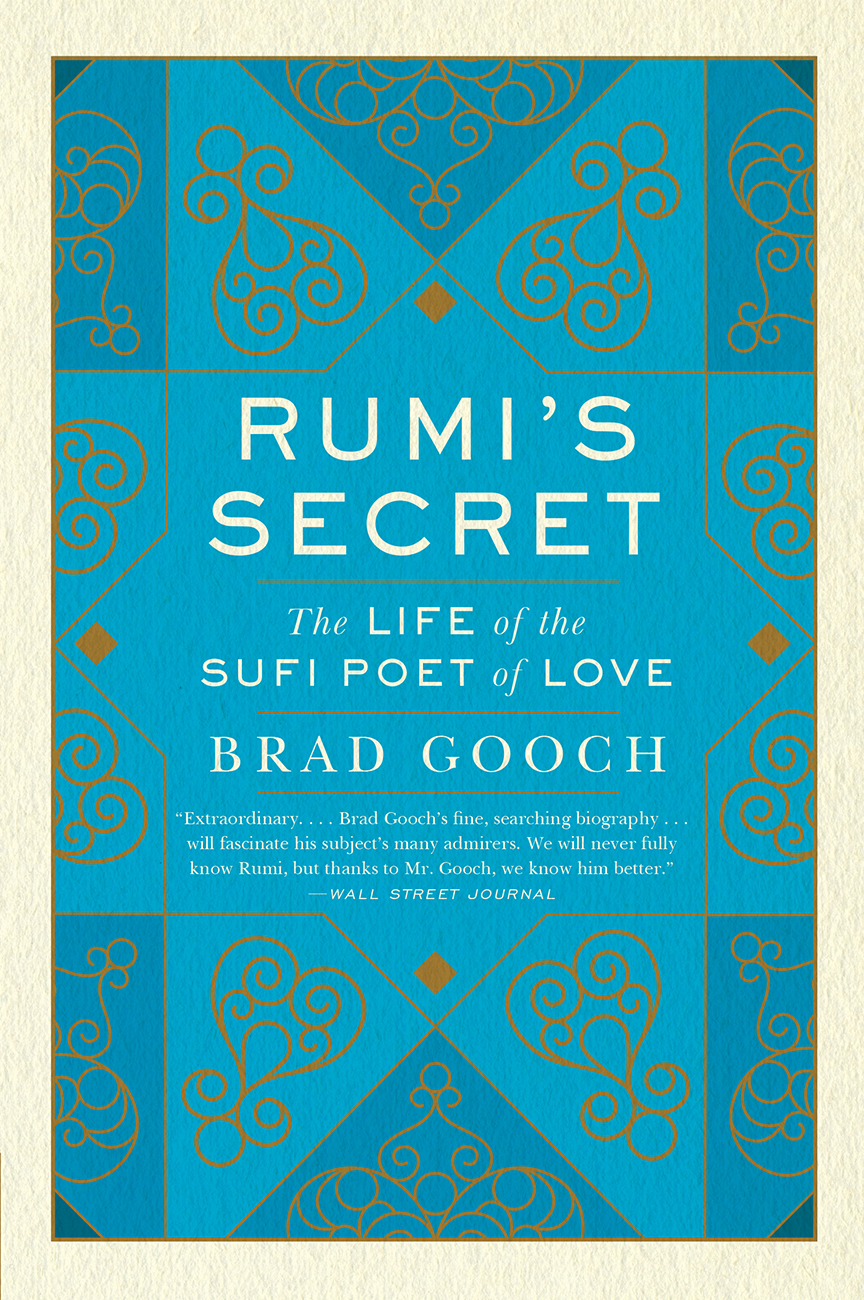Contents
Guide
Australia
HarperCollins Publishers Australia Pty. Ltd.
Level 13, 201 Elizabeth Street
Sydney, NSW 2000, Australia
www.harpercollins.com.au
Canada
HarperCollins Canada
2 Bloor Street East - 20th Floor
Toronto, ON M4W 1A8, Canada
www.harpercollins.ca
India
HarperCollins India
A 75, Sector 57
Noida
Uttar Pradesh 201 301
www.harpercollins.co.in
New Zealand
HarperCollins Publishers New Zealand
Unit D1, 63 Apollo Drive
Rosedale 0632
Auckland, New Zealand
www.harpercollins.co.nz
United Kingdom
HarperCollins Publishers Ltd.
1 London Bridge Street
London SE1 9GF, UK
www.harpercollins.co.uk
United States
HarperCollins Publishers Inc.
195 Broadway
New York, NY 10007
www.harpercollins.com
Smash Cut: A Memoir of Howard & Art & the 70s & the 80s
Flannery: A Life of Flannery OConnor
City Poet: The Life and Times of Frank OHara
Scary Kisses
Zombieoo
The Golden Age of Promiscuity
Godtalk: Travels in Spiritual America
Finding the Boyfriend Within
Dating the Greek Gods
Jailbait and Other Stories
The Daily News

RUMIS SECRET. Copyright 2017 by Brad Gooch. All rights reserved under International and Pan-American Copyright Conventions. By payment of the required fees, you have been granted the nonexclusive, nontransferable right to access and read the text of this e-book on-screen. No part of this text may be reproduced, transmitted, downloaded, decompiled, reverse-engineered, or stored in or introduced into any information storage and retrieval system, in any form or by any means, whether electronic or mechanical, now known or hereafter invented, without the express written permission of HarperCollins e-books.
FIRST EDITION
ISBN 978-0-06-199914-7
EPub Edition JANUARY 2017 ISBN 978-0-06-219907-2
Version 01182018
For Walter
Love stole my prayer beads and gave me poetry and song
RUMI
O NE Friday morning, I wandered, nearly alone, through the Grand Bazaar, in Aleppo, Syria. Most of the shops in the usually frenetic indoor marketa warren of dank crosshatching passageways, lined by fluorescent-lit counters piled high with figs, pistachios, djellabas, even toy trucks and cleaning productswere closing for noonday services. I could already see clumps of men depositing their scuffed shoes outside the Umayyad Mosque, its stately courtyard with old square brick minaret, tilted slightly to the right, visible through a pointed archway admitting a shaft of warm sunlight. It was nearly the beginning of springtime, March 18, 2011, and by days end, unanticipated by me, as well as a surprise to most of the world, a Syrian civil uprising would erupt that within a few years would destroy much of this medieval bazaar and the historic mosque thriving nearby.
The only sounds in the bazaar that morning, though, were the cooing of doves, fluttering in stone ceilings vaulted high above a darkened second story, and the clanging shut of a few shop grates. Taking advantage of this pause in all the jostling, I pulled out a little notebook and began drawing a map, trying to figure out the architecture extant from the thirteenth century, when the young Rumi had been a student in this thrumming Arabic trading town. I was penciling in an axial line for the straight street east to west, when a black-haired twenty-something-year-old, pedaling by on his bike, came to a sharp stop.
Where are you from? he asked in impeccable British English.
America.
Are you a spy? he said, pointing toward my notebook.
No sooner did I shoot him an alarmed look than he broke into an infectious just kidding giggle. Sebastian, as he told me his name was, quickly filled in that he had been schooled in England and was now home helping his family with their carpet shop. When he poked for more information about my note taking, I started filling in quickly, too.
Im writing a biography of Rumi... the Persian Sufi poet... hes famous now in...
I didnt need to continue spelling out the ABCs of Rumis life. Sebastian was jolted by my response and erupted into a swoon of rapid questions and comments.
Youre writing about Rumi? Hes one of my favorite two or three poets in the entire world. He reminds me of your American poet Whitman because hes so universal!
Now I, too, was surprised. Not only was Sebastian one of Rumis passionate fans, but he also made an apt comparison, which had never occurred to me, with Whitman, likewise a poet of epic intimacy. As we walked a few more steps together, he startled me even more by breaking into a flawless recitation of the opening of Rumis major poem, Masnavi, not in the original Persian, as I might have guessed, but in singsong stanzas translated in the last century by the eminent orientalist Cambridge don R. A. Nicholson:
Hearken to this reed forlorn,
Breathing, ever since was torn
From its rushy bed, a strain
Of impassioned love and pain
The lines were lovely, if dated, and created a heady effect. But their curious spell didnt last. Sebastian needed to get back to his pile of camel hair carpets and Ottoman blue tiles.
Rumi is in a small group of the greatest poets of all time, he said, as his parting thought. Why? Because, like Whitman, or like Shakespeare, he never tells his secret!
After slipping me his business card, he was gone, a silhouette riding his bike through many receding arches, past the shuttered shops of the spice and jewelry markets.

I instantly felt as if Sebastian, with his dashed, provocative comment, had also handed meas we stood on that basalt slab walkway in the deserted soukan important passkey to the poetry, life, and thought of Rumi. For just a few lines further along in the same poem that he had practically been singing to me, Rumis reed flute itself sings:
The secret of my song, though near,
None can see and none can hear
And then, plangently:
Oh, for a friend to know the sign
And mingle all his soul with mine!
Yes, I thought. Rumi did have secretspersonal, poetic, and theologicalthat he was always both revealing and concealing. His was a life full of both mystery and meaning.
I was in town investigating one piece of the life of Rumi, who had likely been a theological student in Aleppo in the 1230s, perhaps at the former college, which I could just make out across the black-and-white marbled square. Yet Id been in thrall to Rumi for much longer, beginning with the seductive lines of his verse. For years the poems of Rumi were my steady pleasure, ever since discovering a paperback of translations by A. J. Arberrya student of Nicholsons at Cambridgeon a friends bookshelf in Miami. I spent most of a weeks visit reading one after another, drawn in by their ecstatic imagery, if not always understanding their mesh of flashes of wisdom on human and divine love:
I am the black cloud in the night of grief who
Gladdened the day of festival.
I am the amazing earth who out of the fire of love
Filled with air the brain of the sky
Next page
